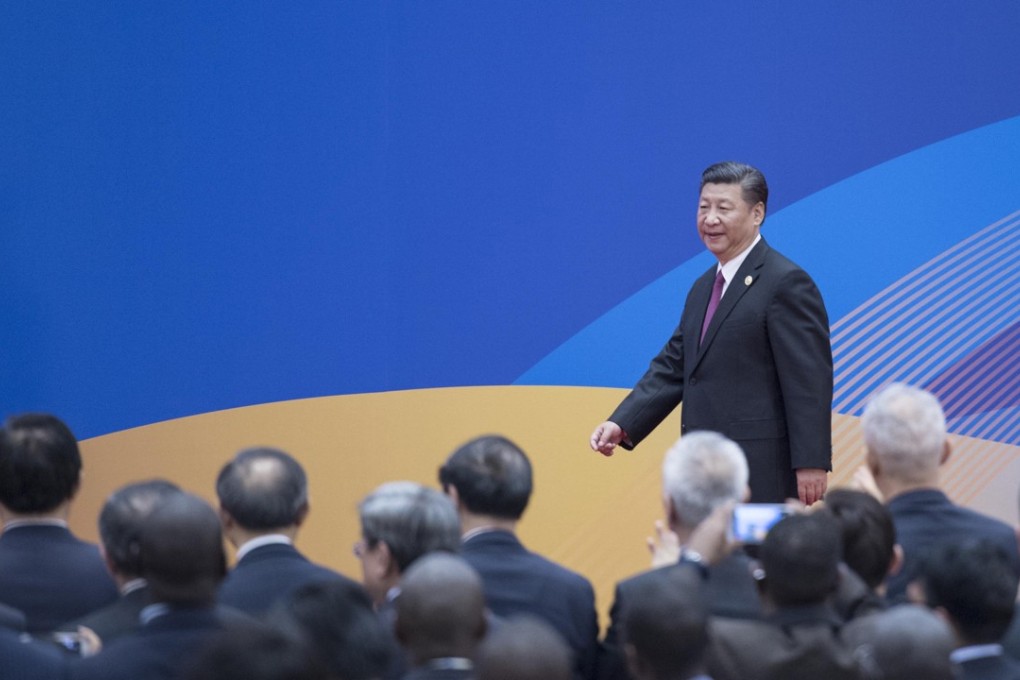Advertisement
China should be open to more foreign involvement in the belt and road
Michael Clauss says Beijing should seek greater foreign business involvement in its landmark initiative to increase trust and confidence around the world, as well as to ease concerns in partner countries over debt and jobs
Reading Time:3 minutes
Why you can trust SCMP

China’s “Belt and Road Initiative” has come in the nick of time. Countries around the globe are struggling with difficult economic and social conditions like low living standards, low incomes and unemployment that remain widespread in much of the world and await global solutions. Many regions in central Asia, South Asia and Africa suffer low levels of investment in new infrastructure.
Advertisement
Building the New Silk Road is therefore a highly welcome initiative that can boost connectivity, trade and growth. China is currently the only country willing and able to invest huge amounts into large-scale infrastructure projects to stimulate and foster economic development in underprivileged regions, but even a rising China needs committed and equitable partnerships to harness the initiative’s full potential.
Germany has always been open to China’s initiative. We have a long record of active engagement in development cooperation and share an interest in promoting infrastructure projects contributing to sustainable growth in Europe, Asia and Africa, not least because it is a way to tackle the causes of migration. So what are the prospects for deeper Sino-German cooperation along the belt and road? Like France and the UK, we believe the commitment to transparency, as well as international standards and procurement procedures, should form the basis of deeper cooperation.
In this respect, the Asian Infrastructure Investment Bank (AIIB), initiated by China in 2013 and joined by Germany soon after, can serve as a model. The AIIB sets high standards for its procedures. Public tenders for AIIB-financed projects must be transparent, non-discriminatory and based on international standards. The same principles should apply to infrastructure projects under the umbrella of the Belt and Road Initiative. Today, it seems the absence of public tenders is not the exception but the rule. Foreign businesses, however, should have a fair chance to compete.
Is China’s ambitious Belt and Road Initiative a risk worth taking for foreign investors?
In fact, German firms wish to participate in belt and road projects. They are ready to contribute expertise and global experience. It goes without saying that participation should not be linked to explicit or implicit technology transfers. For the time being, companies still have to move past some practical roadblocks, such as how to find information about upcoming projects or public tenders in which they can take part.
Advertisement

Advertisement